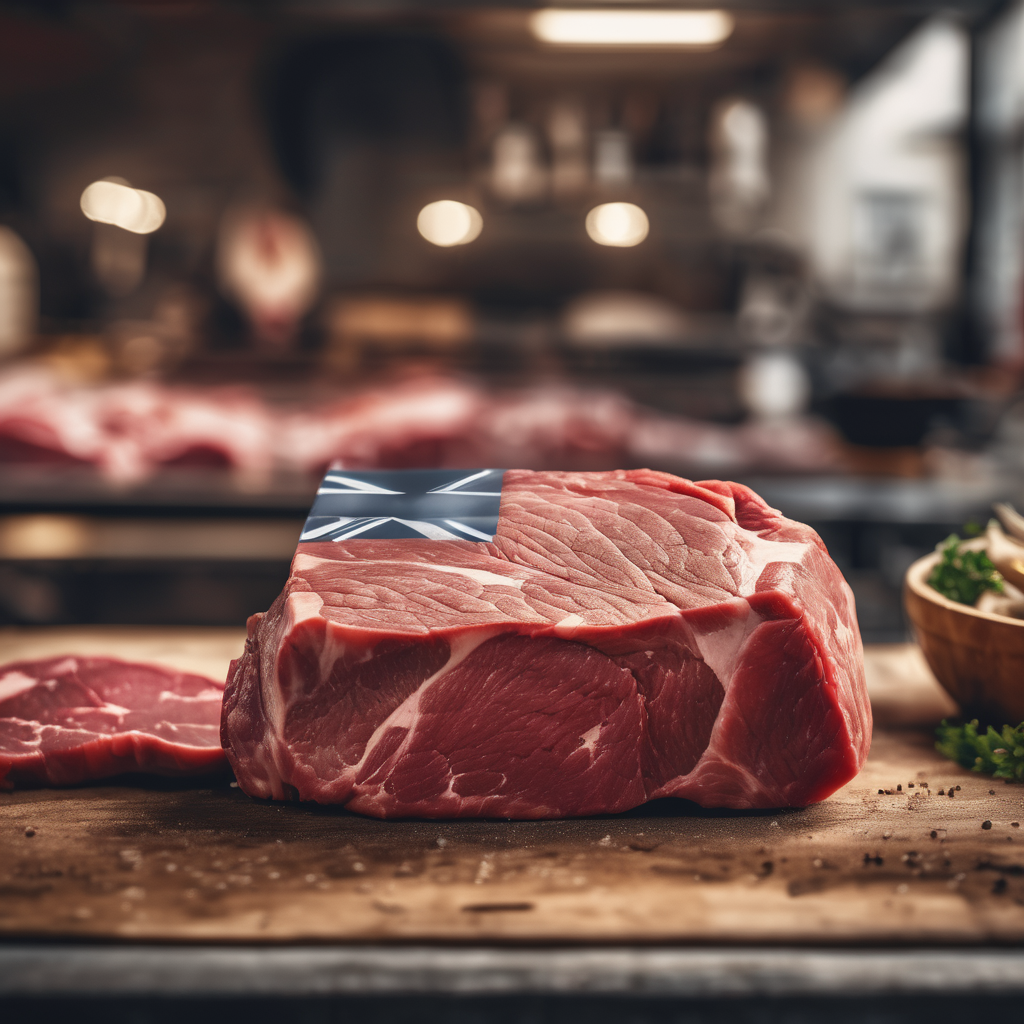Certain meat suppliers in Fiji are confronting substantial retrospective VAT bills following a recent clarification in the Value Added Tax Act. The government maintains that the exemption for genuine producers remains unchanged, leading to confusion for suppliers previously treated as VAT-exempt. Opposition MP Faiyaz Koya raised concerns in Parliament about the financial burden on these suppliers, some of whom are now facing back taxes amounting to between $800,000 and $1 million.
In response, Minister for Finance Esrom Immanuel explained that the exemption continues to apply solely to farmers, fishermen, and those directly involved in meat, poultry, and cattle farming. He clarified that the recent amendment was essential to define the scope of the exemption more precisely, indicating that middlemen or resellers who buy produce to sell it on are not recognized as produce suppliers under the VAT Act.
This amendment, effective from August 1, intended to prevent misuse of the exemption and ensure fair application. Despite this, Koya urged the government to reconsider the retrospective charges imposed on some suppliers who received exemptions previously. Immanuel countered that businesses disagreeing with the Fiji Revenue and Customs Service (FRCS) assessments have the opportunity to pursue redress through legal channels. He noted that only a few butcher meat suppliers have raised this issue, while the majority have complied with the regulations.
This situation reflects ongoing challenges in the Fijian economy, particularly regarding compliance with tax regulations and the impact of VAT on small and medium enterprises. Past discussions have highlighted concerns about price increases in anticipation of VAT changes, with various stakeholders stressing the importance of passing on tax relief to consumers. In related initiatives, the establishment of a National Price Monitoring Taskforce aims to ensure that VAT cuts benefit end users and that regulatory measures are in place to maintain fair pricing.
Overall, the dialogue surrounding these developments underscores a growing commitment from both the government and consumer advocates to uphold market integrity and protect citizens from unfair pricing practices. There is hope that these efforts will foster a more equitable environment where the anticipated relief from tax reforms is realized, ultimately benefiting families across Fiji.
